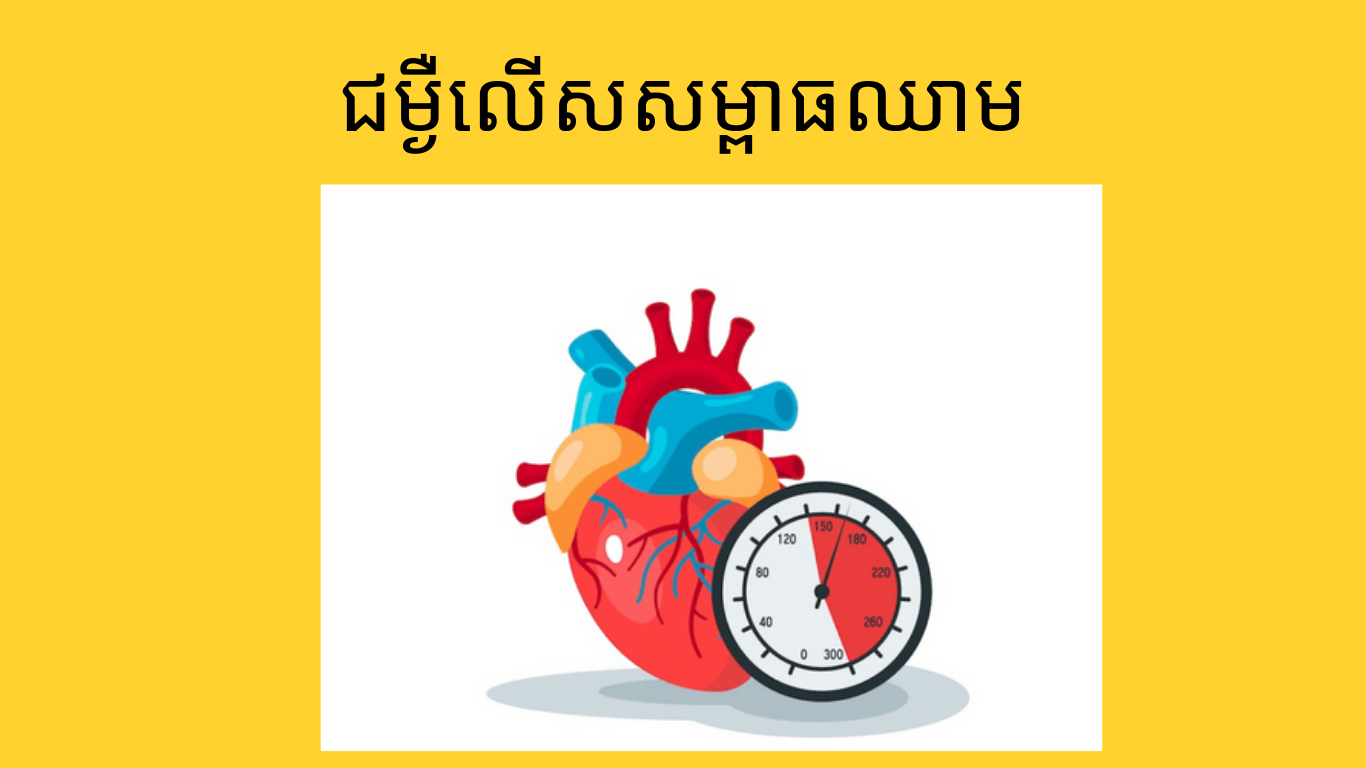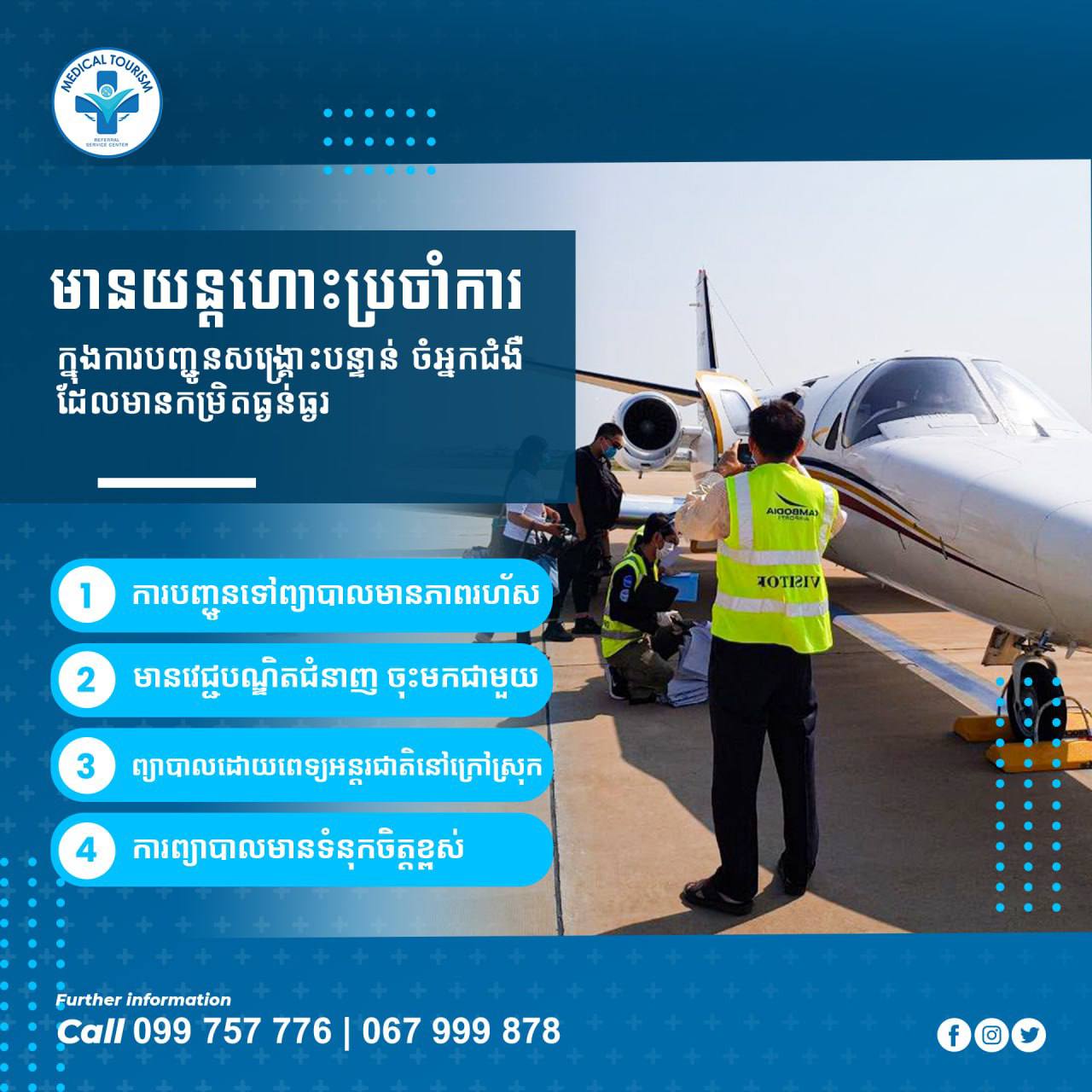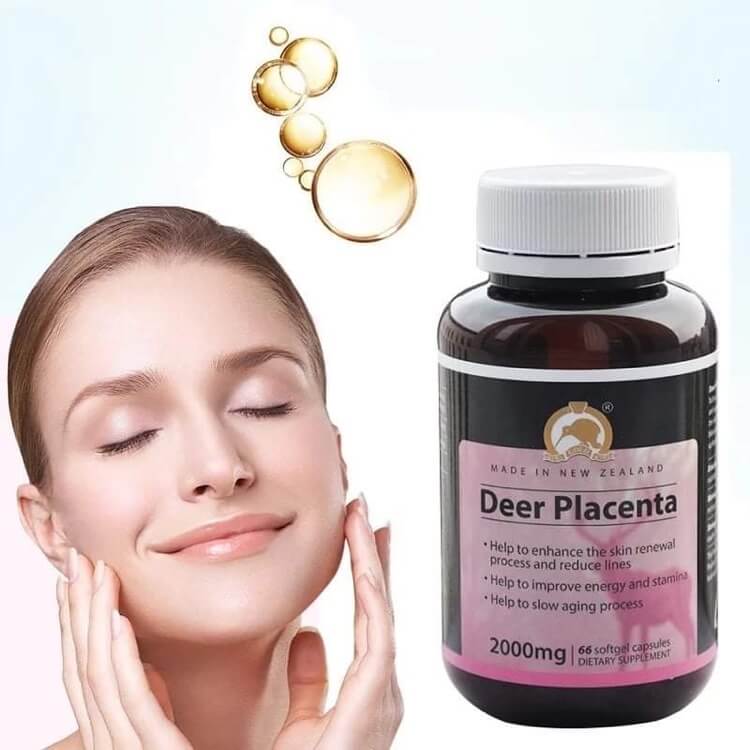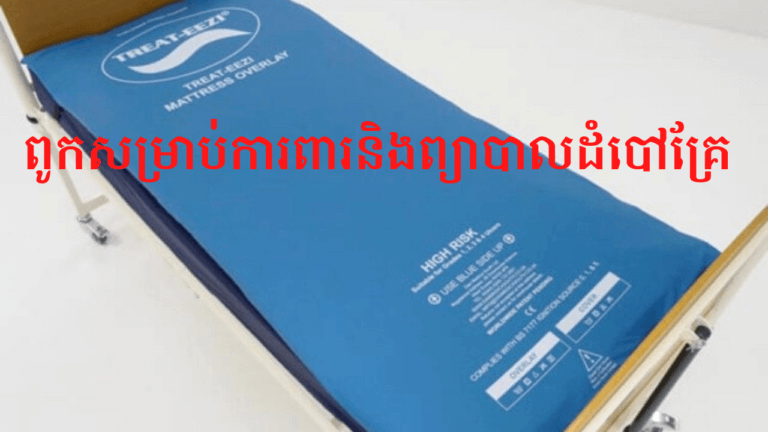Diseases January 22nd, 2025
Hypertension

Hypertension, commonly known as high blood pressure, is a chronic medical condition where the force of blood against the walls of the arteries is consistently too high. It is a major risk factor for cardiovascular diseases, stroke, kidney disease, and other health complications. Here’s a comprehensive guide to understanding, managing, and treating hypertension:
What is Hypertension?
- Normal Blood Pressure: Less than 120/80 mmHg.
- Elevated Blood Pressure: 120-129/<80 mmHg.
- Hypertension Stage 1: 130-139/80-89 mmHg.
- Hypertension Stage 2: 140/90 mmHg or higher.
- Hypertensive Crisis: Above 180/120 mmHg (requires immediate medical attention).
Symptoms of Hypertension
Hypertension is often called the “silent killer”because it typically has no symptoms until complications arise. However, in severe cases, symptoms may include:
- Headaches.
- Shortness of breath.
- Nosebleeds.
- Dizziness.
- Blurred vision.
- Chest pain (in hypertensive crisis).
Causes and Risk Factors
- Primary (Essential) Hypertension:
- No identifiable cause (90-95% of cases).
- Risk factors include:
- Age (risk increases with age).
- Family history of hypertension.
- Obesity or overweight.
- Sedentary lifestyle.
- High-sodium diet.
- Excessive alcohol consumption.
- Smoking.
- Stress.
- Secondary Hypertension:
- Caused by an underlying condition, such as:
- Kidney disease.
- Hormonal disorders (e.g., Cushing’s syndrome, hyperthyroidism).
- Sleep apnea.
- Medications (e.g., birth control pills, NSAIDs, decongestants).
- Caused by an underlying condition, such as:
Complications of Untreated Hypertension
- Cardiovascular Disease: Heart attack, heart failure, or stroke.
- Kidney Damage: Chronic kidney disease or kidney failure.
- Vision Loss: Damage to blood vessels in the eyes (hypertensive retinopathy).
- Aneurysms: Weakening and bulging of blood vessels.
- Cognitive Decline: Increased risk of dementia.
Diagnosis
- Blood Pressure Measurement:
- Taken using a sphygmomanometer.
- Diagnosis requires multiple readings over time.
- Additional Tests:
- Blood tests (e.g., cholesterol, kidney function).
- Urine tests.
- Electrocardiogram (ECG) or echocardiogram.
- Ambulatory blood pressure monitoring (24-hour monitoring).
Treatment of Hypertension
Treatment focuses on lowering blood pressure to reduce the risk of complications. It includes lifestyle changes and, if necessary, medications.
1. Lifestyle Modifications
- Diet:
- DASH Diet: Rich in fruits, vegetables, whole grains, and low-fat dairy; low in saturated fat and sodium.
- Reduce sodium intake to less than 2,300 mg per day (ideally 1,500 mg for most adults).
- Exercise:
- Aim for at least 150 minutes of moderate-intensity exercise per week (e.g., brisk walking, cycling).
- Weight Loss:
- Losing even 5-10% of body weight can significantly lower blood pressure.
- Limit Alcohol:
- No more than 1 drink per day for women and 2 drinks per day for men.
- Quit Smoking:
- Smoking increases blood pressure and damages blood vessels.
- Stress Management:
- Practice relaxation techniques like yoga, meditation, or deep breathing.
2. Medications
If lifestyle changes are not enough, your doctor may prescribe one or more of the following:
- Thiazide Diuretics: Help kidneys remove sodium and water (e.g., hydrochlorothiazide).
- ACE Inhibitors: Relax blood vessels (e.g., lisinopril, enalapril).
- Angiotensin II Receptor Blockers (ARBs): Relax blood vessels (e.g., losartan, valsartan).
- Calcium Channel Blockers: Relax blood vessels and reduce heart rate (e.g., amlodipine, diltiazem).
- Beta-Blockers: Reduce heart rate and workload (e.g., metoprolol, atenolol).
- Other Medications: Alpha-blockers, vasodilators, or aldosterone antagonists.
Monitoring and Follow-Up
- Regularly check your blood pressure at home or at a clinic.
- Follow up with your healthcare provider to adjust treatment as needed.
- Monitor for side effects of medications.
Prevention
- Maintain a healthy weight.
- Eat a balanced, low-sodium diet.
- Exercise regularly.
- Limit alcohol and avoid smoking.
- Manage stress effectively.
When to Seek Emergency Care
- If your blood pressure is 180/120 mmHg or higher (hypertensive crisis).
- If you experience severe headaches, chest pain, shortness of breath, or vision changes.
Key Points
- Hypertension is a major risk factor for heart disease, stroke, and kidney failure.
- Lifestyle changes and medications can effectively manage blood pressure.
- Regular monitoring and follow-up are essential for long-term control.
If you have high blood pressure, work with your healthcare provider to create a personalized treatment plan. Early intervention can prevent serious complications and improve your quality of life.
- Tags:
- Hypertension, ជំងឺលើសឈាម



